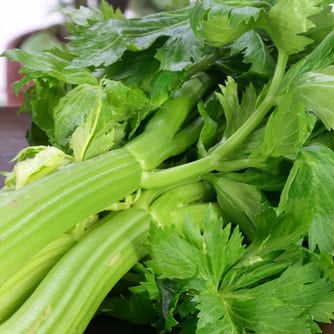Previous studies have suggested that inflammation in the brain may be a primary contributor to age-related memory problems. Rodney W. Johnson, from University of Illinois (Illinois, USA), and colleagues studied the effects of dietary luteolin, a bioactive plant compound found abundantly in foods such as celery, peppers, carrots, peppers, olive oil, peppermint, rosemary and chamomile, on memory decline. Employing a mouse model of aging, the team studied the brains and behavior of adult (3- to 6-month-old) and aged (2-year-old) mice. The mice were fed a control diet or a luteolin-supplemented diet for four weeks, during which spatial memory was assessed and levels of inflammatory markers in the hippocampus, a brain region that is important to memory and spatial awareness, were measured. Whereas under normal circumstances, aged mice have higher levels of inflammatory molecules in the hippocampus and are more impaired on memory tests than younger adult mice., the team found that aged mice on the luteolin-supplemented diet performed better on the learning and memory task than their peers, and the levels of inflammatory cytokines in their brains were more like those of the younger adult mice. The researchers posit that that dietary luteolin accesses the brain and exerts an anti-inflammatory effect on microglial cells to suppress the release of inflammatory cytokines they produce, thereby allowing working memory to be restored to its performance of an earlier age. The team concludes that: “Luteolin consumption may be beneficial in preventing or treating conditions involving increased microglial cell activity and inflammation.”
Celery Compound May Fight Memory Decline
Saebyeol Jang, Ryan N. Dilger, Rodney W. Johnson. “Luteolin Inhibits Microglia and Alters Hippocampal-Dependent Spatial Working Memory in Aged Mice.” J. Nutr., Oct 2010; 140: 1892-1898.
RELATED ARTICLES




